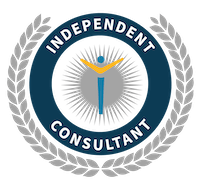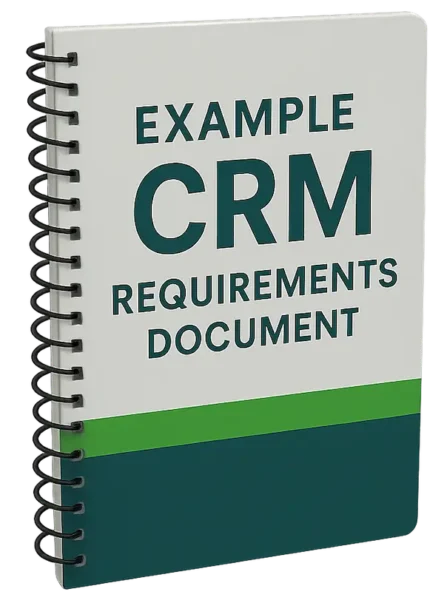A prospect meeting is a meeting between a potential customer and a salesperson to discuss the potential customer’s needs.
The purpose of a prospect meeting is for the sales representative to learn more about the potential customer’s needs and to see if there is a fit between the customer’s needs and the representative’s product or service.
For B2B salespeople, booking a prospect meeting may be the only path to your company’s sales and a new client.
Prospects are busy people. You need to have a sales process that both makes them want to meet with you, and that maximizes the success of the meeting.

Here are some tips for getting the most out of your meetings.
Clarify your messaging
Sales and marketing must collaborate on creating crystal clear messaging, including what you do, how it will improve your prospect’s life, how it works, and how they can get a quote or a proposal.
Clear messaging on your website and social media that places a prospect at the center of their own story will improve your chances of getting a request for a call or meeting.
Give your prospects meeting options
Everyone has their preferred way of communicating. For example, some people want to meet in person, while others prefer a video meeting or a phone call.
You may get a request for a link to your booking page. So, use an app like Calendly or Google Schedule (part of Gmail and Google Workspace).
With Calendly, your prospect can include their team members in the meeting request.
Since most prospect meetings are 30 minutes or an hour, have both options on your booking page.
Position a meeting as a conversation
Avoid framing your meeting as a ‘discovery call’ or a ‘needs analysis.’ These terms may come across as jargon.
Instead, it’s better to say you want to have a conversation to understand the prospect’s challenges and whether your product or service can address them.
Offer to send a meeting agenda to your prospect. Your prospect will either say ‘yes’ or ‘no.’
Research your prospect’s company and industry
The more background information you can gather beforehand, the better.
Becoming an overnight expert in an unfamiliar business or industry is challenging. However, the more informed you are, the more likely you will hear your prospect say, “Good question,”— which brings us to the next point.
Prepare a list of questions
Write up a list of questions to ask your prospect. Questions can relate to needs, wants, goals, budget, and timeline.
Try to memorize as many questions as possible so you don’t appear to be reading off a list. Ask things in a natural way, but if necessary, glance down at your question list.
Make sure to write down the answers if your meeting is face-to-face.
After you’ve gathered enough information, you’ll be in the best position to start talking about your solution and how it would benefit the prospect and their organization.
Offer something of value
When you give upfront value, your prospect is more likely to keep you in mind if they are not ready to make a quick business decision.
One example of value is a pearl of wisdom you’ve gained from working with other clients.
Another form of value can be connecting your prospect with one of your customers that may be a candidate for the prospect’s product or service.
Log your conversations
The more precisely you can log details of your conversations into your CRM system, the better.
You can also verbally annotate the meeting notes with items such as the next steps.



